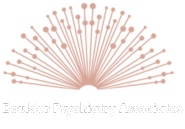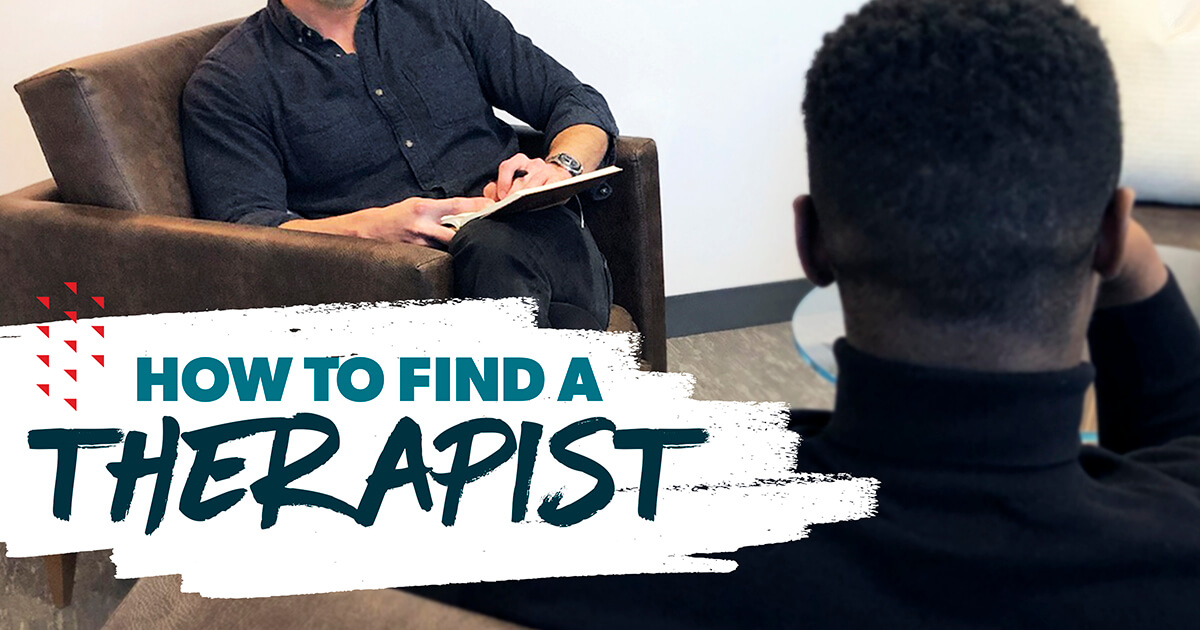Taking care of your mental health is just as important as taking care of your physical health. Whether you’re trying to figure out how to deal with stress, anxiety, depression, or simply need someone to talk to, finding the right therapist can be a crucial step toward improving your well-being. However, with so many options available, it can be overwhelming to know where to start.
This guide is designed to help you navigate the process of finding a therapist, from understanding your needs to evaluating potential therapists and making an informed decision.
Understanding the Need for Therapy
Recognizing Signs You Might Need Therapy
Therapy can be beneficial for anyone, not just those dealing with severe mental health issues. Common signs that you might benefit from therapy include persistent feelings of sadness or hopelessness, difficulty managing stress, overwhelming anxiety, or relationship problems. Therapy is also helpful for navigating major life changes, such as a career transition, divorce, or loss of a loved one. If you find yourself struggling to cope with daily life, therapy could be the support you need.
Common Mental Health Issues That Therapy Can Help Address
Therapy can help with a wide range of mental health issues, including but not limited to depression, anxiety disorders, trauma and PTSD, eating disorders, and substance abuse. It’s also effective in treating chronic stress, grief, and relationship issues. Understanding the specific challenges you’re facing can help you choose a therapist with the right expertise to address your needs.
Types of Therapists and Their Specializations
Clinical Psychologists, Licensed Clinical Social Worker, Psychiatrists and Counselors, Oh My!
Clinical Psychologists typically hold a Ph.D. or Psy.D. and are trained to diagnose and treat mental health conditions through therapy.
Psychiatrists are medical doctors (MDs) who can prescribe medication for mental health needs. Some psychiatrists may provide therapy services through a lens of medical models.
Counselors, who might hold an M.A. or M.S. in counseling, focus on helping clients cope with specific issues, such as grief or relationship problems, often in a more short-term context.
Licensed Clinical Social Workers, hold a master’s degree in social work (MSW) and are trained to provide therapy and support for a variety of mental health issues, often with a focus on not only individually supporting clients in the short-term but also in the long-term building of a therapeutic relationship and connecting clients with community resources and support systems. LCSW can perform evaluations and diagnose, helping you understand and navigate a new mental health diagnosis.
Specializations (e.g., Cognitive Behavioral Therapy, Psychoanalysis, etc.)
Therapists often employ particular types of therapy, such as Cognitive Behavioral Therapy (CBT), which focuses on changing negative thought patterns, or Psychoanalysis, which explores unconscious motivations and past experiences. Other specializations include Dialectical Behavior Therapy (DBT), often used for borderline personality disorder, and Ketamine Therapy, which is effective for depression and trauma. Choosing the right specialization can greatly enhance the effectiveness of your therapy.
The Importance of Choosing the Right Specialization for Your Needs
Not every therapeutic approach works for everyone. It’s essential to consider your specific needs and challenges when choosing a therapist. For instance, if you struggle with anxiety, CBT might be a good fit, while someone dealing with unresolved trauma might benefit more from Ketamine. Understanding these distinctions can help you find a therapist whose methods align with your goals.
Where to Start Your Search
Using Online Directories
One of the most efficient ways to find a therapist is through online directories. Websites like Psychology Today and ZocDoc offer comprehensive databases of licensed therapists. You can filter your search by location, specialization, and even by gender or language preference. These platforms often include detailed profiles that provide information about the therapist’s background, approach, and areas of expertise, making it easier to find a match that suits your needs.
Local Community Resources
If you prefer a more personal approach, local community resources can be invaluable. Community health centers, clinics, and hospitals often have mental health departments that offer therapy services. Some cities also have mental health hotlines or referral services that can connect you with local therapists. Additionally, local support groups or non-profits may offer free or low-cost therapy options, particularly for those dealing with specific issues such as grief, addiction, or domestic violence.
Recommendations from Friends and Family
Personal recommendations from friends, family, or colleagues can also be a good starting point. If someone you trust has had a positive experience with a therapist, it might be worth considering that professional. However, keep in mind that therapy is a very personal experience—what works well for one person might not be the best fit for another. It’s important to approach recommendations as a starting point rather than a guaranteed solution.
Factors to Consider When Choosing a Therapist
Therapist’s Credentials and Licensing
Ensuring that a therapist is properly licensed and credentialed is crucial. A licensed therapist has met the required educational and professional standards to practice in their state. You can usually verify a therapist’s license through your state’s licensing board website. Additionally, consider looking for therapists who are members of reputable professional organizations, such as the American Psychological Association (APA) or the National Association of Social Workers (NASW), as these memberships often require adherence to strict ethical standards.
Experience and Expertise in Dealing with Specific Issues
It’s important to find a therapist who has experience dealing with the specific issues you are facing. For example, if you are dealing with trauma, look for a therapist who specializes in trauma-informed care. If you’re seeking help for a child, finding a therapist with pediatric experience is essential. Many therapists list their areas of expertise on their profiles, so take the time to review this information carefully.
Gender, Age, and Cultural Background Considerations
For some, factors such as the therapist’s gender, age, or cultural background may play a significant role in their comfort level and the effectiveness of therapy. For example, you might feel more comfortable speaking with a therapist who shares your cultural background or who has experience working with clients from diverse backgrounds. Similarly, some people prefer to work with a therapist of a particular gender. These personal preferences are important to consider when making your choice.
How to Evaluate Potential Therapists
Initial Consultation: What to Expect
Many therapists offer an initial consultation, often free or at a reduced rate, to help you decide if they are a good fit for you. This first meeting is an opportunity to ask questions, discuss your concerns, and get a sense of the therapist’s style and approach. It’s important to approach this consultation as a two-way interview: just as the therapist is assessing your needs, you should be evaluating whether this therapist is someone you feel comfortable working with.
Questions to Ask During the First Session
During your first session, it’s important to ask questions that will help you understand how the therapist works and whether their approach aligns with your needs. Some questions you might consider include:
- What is your experience with my specific issue?
- What therapeutic approach do you use, and why?
- How do you measure progress in therapy?
- What are your expectations for clients in therapy?
These questions can provide valuable insights into the therapist’s methods and whether they resonate with you.
Assessing the Therapist’s Communication Style and Approach
Therapy is most effective when there is a strong, trusting relationship between the therapist and client. Pay attention to how the therapist communicates during the initial consultation and first few sessions. Do they listen actively and empathetically? Do you feel heard and understood? A good therapist will make you feel comfortable and supported, even when discussing difficult topics. If you feel disconnected or misunderstood, it might be a sign that this therapist isn’t the right fit for you.
—
Jyoti Sharma, LCSW
jyoti@boulderpsychiatryassociates.com
720-389-5619 (O) 720-295-9075 (C)




